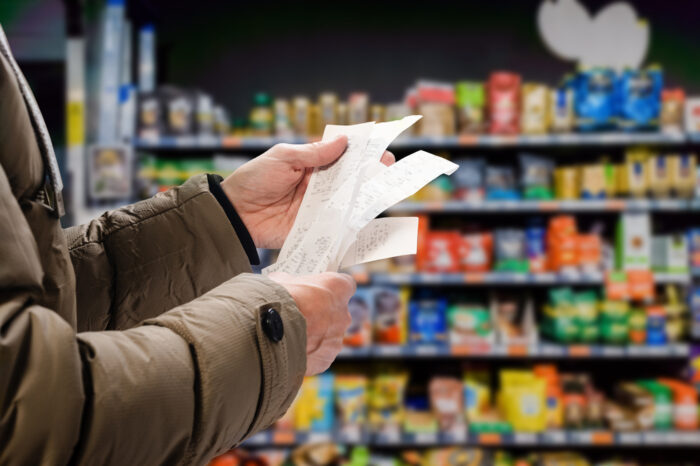
Frugal shoppers have contributed to almost £7bn into the UK economy as part of the ‘recommerce revolution’, a report finds.
Over four in 10 (44%) of the 2,000 respondents surveyed by Barclaycard buy more secondhand items than they did a year ago and 57% said their saving habits have remained consistent too.
The effect of rising cost of energy bills and housing costs is having a big effect on spending habits, with six in 10 revealing it is had an impact on the products they buy – a rise of 19% from 2022.
Barclaycard’s second annual report on recommerce consumerism also found Brits are making an average of £25 from selling their unwanted possessions using online marketplaces or in car boot sales. Once making the money on their old items, 23% then go onto purchase another pre-loved product with the profits.
Gen-Z adults are the most inspired cohort to go vintage, as a third (30%) believe it is more fashionable to go secondhand over brand new, while younger millennials aged between 25 to 34 have added an estimated £1.95bn on secondhand items – 28% of the total.

Wellness and wellbeing holidays: Travel insurance is essential for your peace of mind
Out of the pandemic lockdowns, there’s a greater emphasis on wellbeing and wellness, with
Sponsored by Post Office
Recommerce economy creating ‘important’ influences in the UK
Steve Lucas, economic development manager at development economics, said: “UK consumers are increasingly recognising the value-for-money and sustainability benefits of renting or buying the items they need second hand.
“The Recommerce Economy is therefore already creating important economic influences across the UK, and these effects will continue to grow as more consumers recognise the benefits and extend their use of renting and second hand to a wider set of products.
“The market is supporting a significant number of retail sector jobs across the UK, and this proportion is set to show strong growth over the next few years.”
